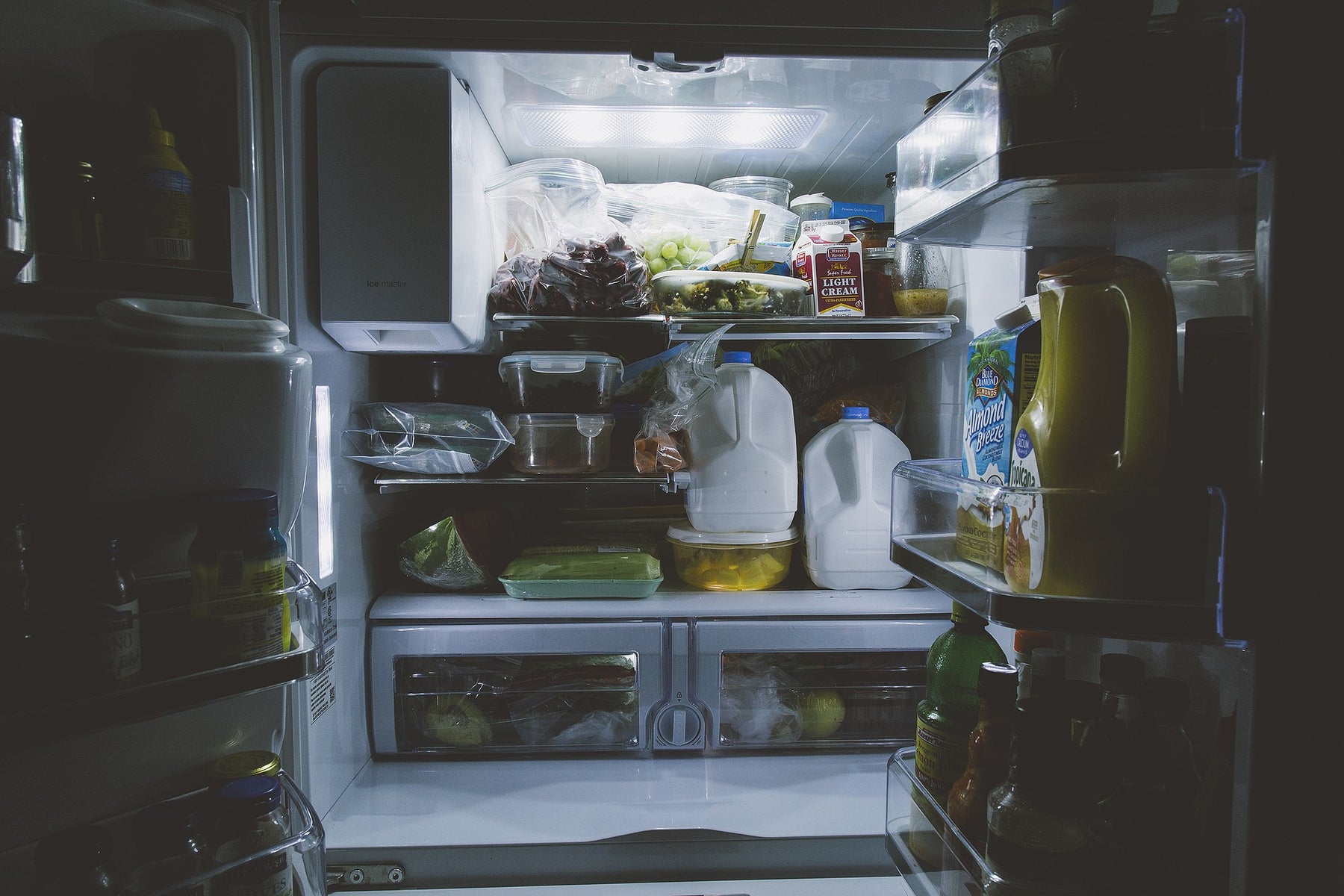
How Eating At Night May Damage Your Skin
Every now and then I come across a study that first makes me wonder, “Why in the world did this ever come up in conversation...let alone need to be tested?”
And then, it makes me wonder if maybe we’d be better off studying something else.
Considering what you’re about to see is only the first study, I’d say take the conclusions for what they are.
Evidence that what and when you eat will affect your health either positively or negatively.
A recent study, conducted by a team led by Joseph S. Takahashi, of the Department of Neuroscience at the University of Texas Southwestern Medical Center in Dallas, noted that test subjects who ate food late at night (as opposed to during the day) were likely to succumb to skin damage.
You may wonder why that would happen.
Perhaps you’ve heard of studies citing that working third-shift, or overnight shifts, increases your risk of developing cancer.
The theory is the alteration of your body’s natural circadian rhythms will negatively affect the health of your body.
This is what the researchers suspect happens when they did a study of mice eating at abnormal times for them. The disruption of their natural eating times had adverse effects on the mice’s skin quality.
And the mechanism behind this was that eating at night failed to activate enzymes in the skin that naturally absorbed and blocked certain kinds of UV radiation.
To reach this conclusion, the researchers broke up a group of mice into two separate groups. Their aim was to see how dietary timing affected the skin of animals who were exposed to the sun’s UVB light.
One of the groups of mice were fed during the day (which unlike humans is an abnormal time to eat for these nocturnal creatures). The other group got to eat at night.
When they exposed the mice to UVB light they noticed the mice who ate in the daytime were much more likely to have skin damage from the light. The skin of the mice who ate at their regular time was more protected.
This made the scientists curious. Further research revealed the mice who were eating in the day experienced further disruption in their body’s natural circadian rhythms, specifically messing up the function of an enzyme called xeroderma pigmentosum group A (XPA) w.
XPA would normally help to protect skin against UV damage, but the mice who ate during the day experienced reduced performance of XPA to help protect the skin.
The mice who ate during their regular eating hours didn’t experience an alteration in XPA performance.
Obviously this research needs to be tested more to reach any kind of firm conclusion. And, this hasn’t been tested in humans yet...so there’s no reason to suspect that eating at night will harm your skin.
However, the research team believed that eating late messed up circadian rhythms enough that it could interfere with how your body responds to UVB light.
Dr. Joseph S. Takahashi said:
“It is likely that if you have a normal eating schedule, then you will be better protected from UV during the daytime. If you have an abnormal eating schedule, that could cause a harmful shift in your skin clock, like it did in the mouse."
"It's hard to translate these findings to humans at this point," adds study co-author Dr. Bogi Andersen, of the University of California, Irvine. "But it's fascinating to me that the skin would be sensitive to the timing of food intake”
The big takeaway for me again comes back to making sure you understand that how, when, and what you eat will always affect your health. Whether it’s positive or negative depends very much on the how, when, and what choices you make.
Talk soon,
Dr. Wiggy
www.HealthAsItOughtToBe.com



